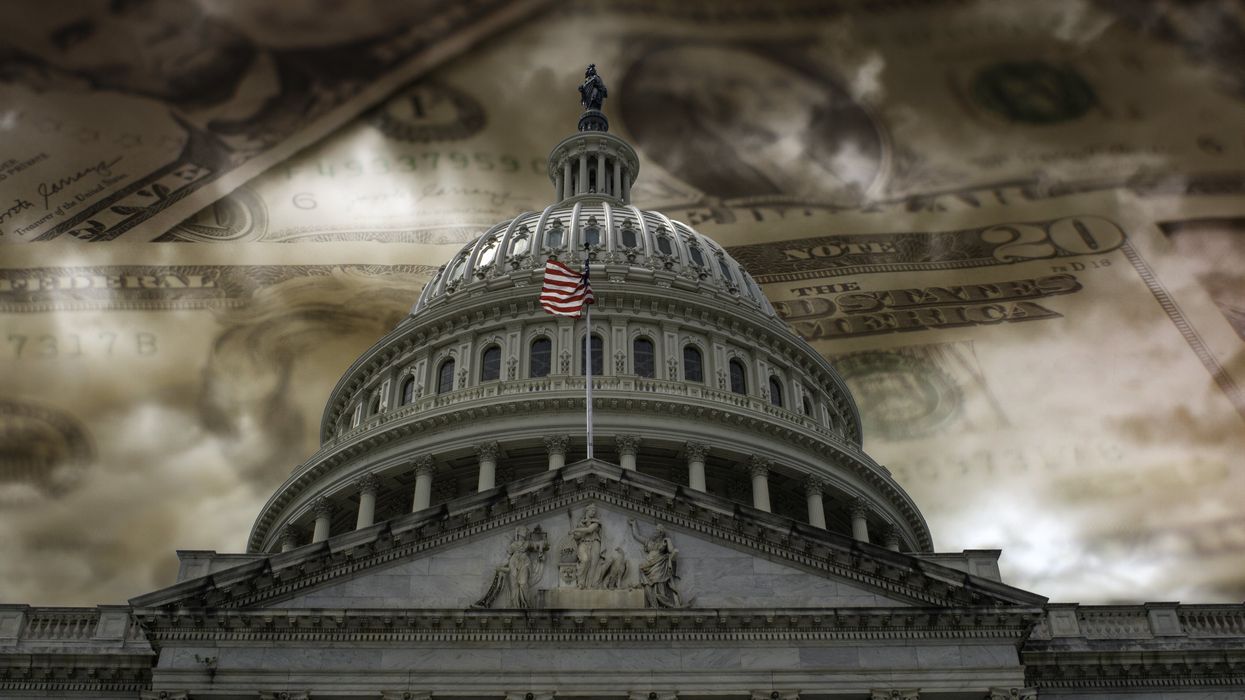This fact brief was originally published by Wisconsin Watch. Read the original here. Fact briefs are published by newsrooms in the Gigafact network, and republished by The Fulcrum. Visit Gigafact to learn more.
Can foreigners indirectly fund political ads by giving money to a U.S. nonprofit that then gives money to a U.S. super PAC?
Yes.
Federal law prohibits a foreign national — someone who is not a U.S. citizen and not lawfully a permanent resident — from making contributions in connection with any federal, state or local election.
But there’s a loophole.
Foreign nationals can donate money to social welfare organizations, also known as 501(c)(4) groups. Those nonprofits, such as the NRA and an arm of Planned Parenthood, can contribute to super PACs.
A super PAC can spend unlimited sums to advocate for or against political candidates.
Federal Election Commission chair Sean Cooksey told the U.S. House Administration Committee that the loophole is legal, as long as a foreign national donor doesn’t direct the nonprofit to channel money to a super PAC.
Committee chair, Republican Rep. Bryan Steil, who represents southeast Wisconsin, introduced a bill in July 2023 to restrict foreign nationals’ contributions to 501(c)(4) groups. The House of Representatives has not voted on the measure.
This fact brief is responsive to conversations such as this one.
Sources
Federal Election Commission Foreign nationals
U.S. Code Voting and Elections
Internal Revenue Service Social Welfare Organizations
Nonprofit Law Blog 501(c)(4) Social Welfare Organizations
Planned Parenthood Donor FAQ
charitynavigator.org NRA
Open Secrets Super PACs
Committee on House Administration Chairman Bryan Steil Q&A at the Full Committee Hearing on FEC Oversight
US Congress All Actions: H.R.4563 — 118th Congress (2023-2024) All Information (Except Text)
US Congress H.R. 4563




















Trump & Hegseth gave Mark Kelly a huge 2028 gift